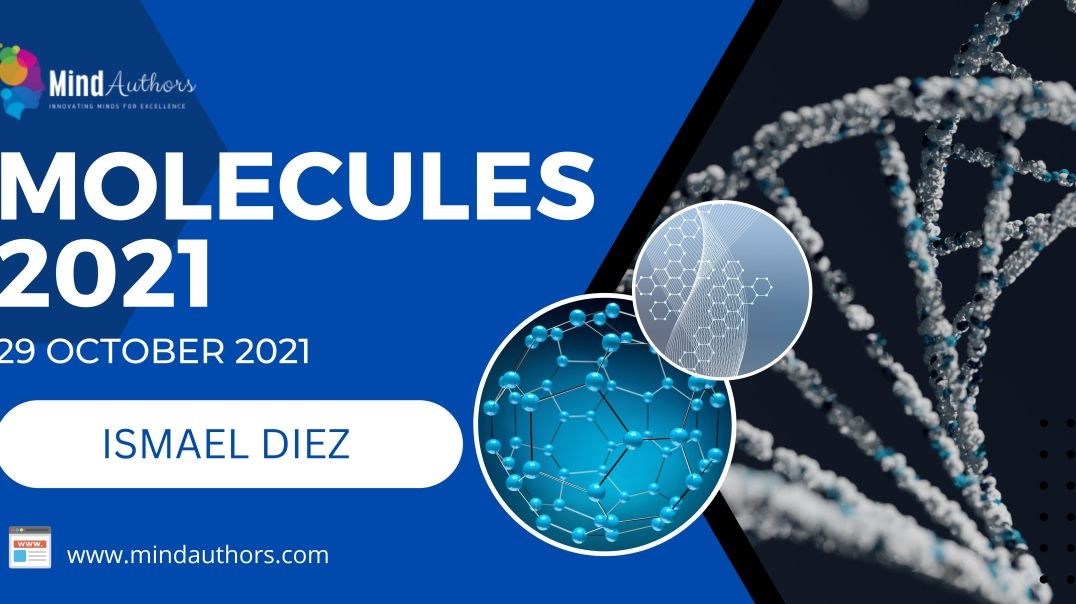Chemistry in a Nanoscale Gap | ismael Diez Perez |
Summary :
In the realm of the Single-Molecule Electronics, a suite of advanced electrical characterization approaches have emerged allowing measuring charge transport in an electric contact made out of an individual molecule[1]. The field has (and is still) drawn(ing) an scenario where individual molecules can be chemically modified to deliver a particular electrical function in a nanoscale circuit, e.g. variable resistors[2], diodes[3], switches[4], etc. Along this excursion, we have observed that single molecules trapped in a nanoscale tunneling junction experience conformational structural changes and changes in molecule/ electrode contact geometries, which are usually accompanied by large conductance variations and can be easily detected electrically[1]. Such changes are induced by the imposed forces fields experienced by the molecules within the nanoscale gap, namely, a mechanical force and/or an electric field. In the past decade, we have learnt that under certain force field conditions, the individual molecules wired in a nanoscale junction undergo chemical transformations. Here, we will present a couple of illustrative examples of the use of singlemolecule junction to study and control reactivity at the nanoscale using electric fields, a concept that is inherent in the natural enzymatic molecular machinery.
About Author :
Ismael Díez Pérez is currently a Professor at the Chemistry department of King’s College London (UK). He received a M.S. (2001) and a PhD in Chemistry (2006) from UB in the study of semiconductor/electrolyte interfaces. During this early career period, he developed novel approaches to study chemical reactions on electrode surfaces at the nanoscale exploiting electrochemical Scanning Probe Microscopes. Interested in adding chemical functionality to the electrode/liquid interface, he joined the group of NJ Tao in Arizona State University in 2007 as a postdoctoral research associate. At the beginning of this period, he won the prestigious International Outgoing Marie Curie fellowship (2008). His postdoctoral research was endorsed with a high record of publications (including several Nature publishing group papers) demonstrating original electrical effects in single-molecule devices.




